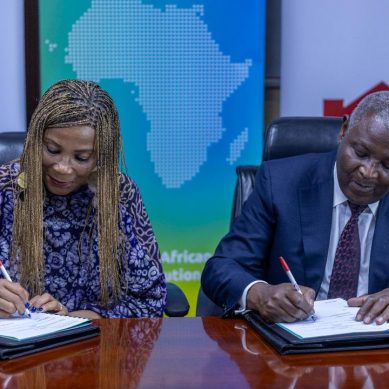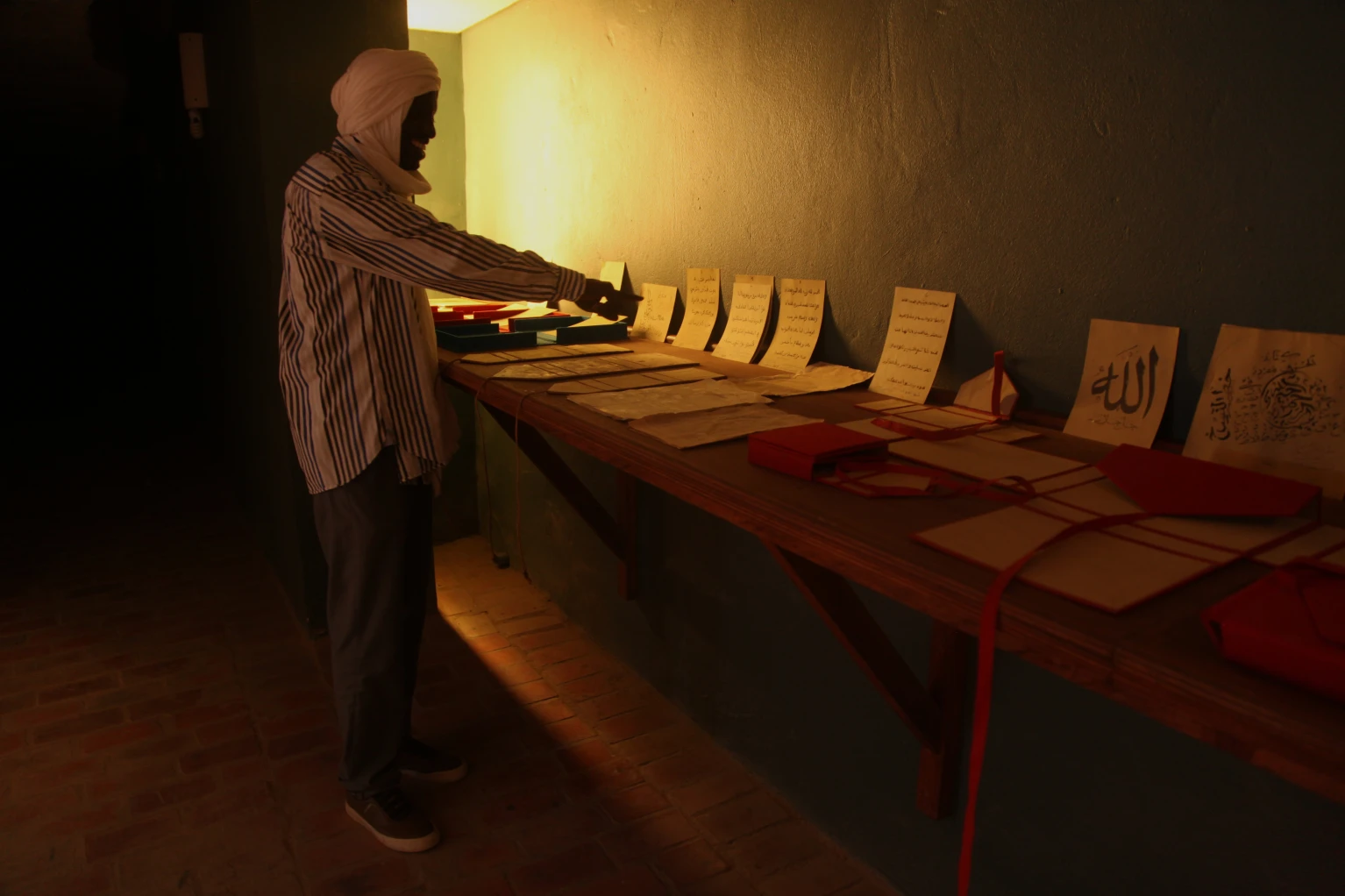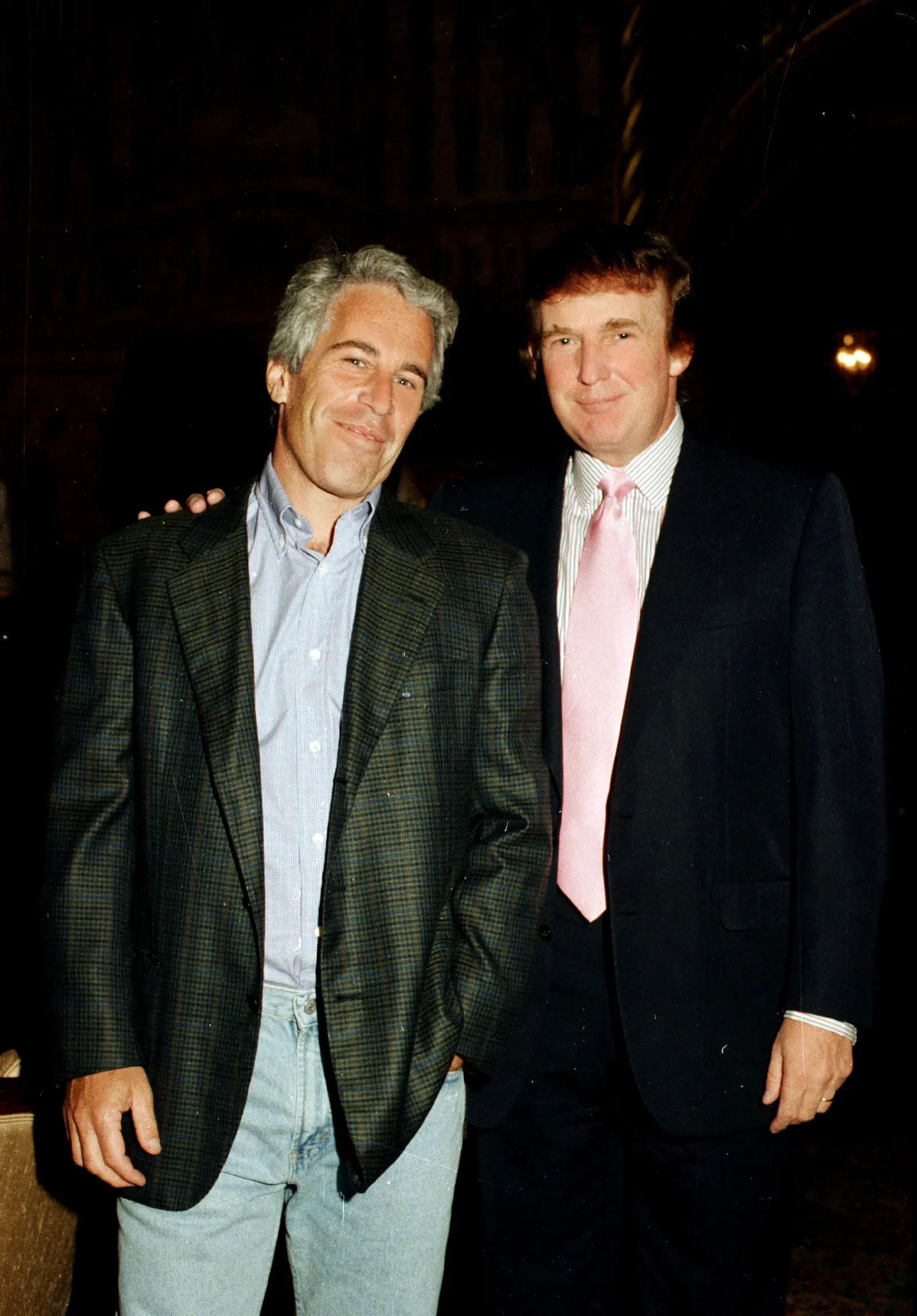
Critical thinking skills are important in many areas of human endeavour. From time immemorial critical thinking was the hallmark of education or wisdom. Ancient Greek philosophers emphasised it as the ultimate product of the educational process. Critical thinking is recognised as key in any society.
The key critical thinking skills are analytic reasoning, problem solving, open-mindedness, inference, communication without fear or favour, decision-making, solving problems systematically, identifying a problem and issue at hand, research, evaluation, adaptability, analysis, curiosity, argument, gathering relevant information, evaluating arguments and recognising fallacies and/or biases
Critical thinking and reasoning are important skills in education that help students develop the ability to analyse, evaluate and solve problems. When students graduate without these skills, it is reflected in society when they become integral to the executive, legislature and judiciary when they become heads of institutions or when they become leaders and administrators in local-level governments.
In today’s world, where everyone can publish information, true or false, we must learn how to navigate through the overwhelming amount of information available in today’s digital age. Here are a few reasons you should develop your critical thinking skills (Nelly Kgoadi-Molaba, 2023). Critical thinking can indeed be taught throughout an education system so that there is a cadre of citizens who can think critically and reason coherently before taking any action or decision
I have written widely about the need to re-orient our education system to begin producing graduates who can engage in all aspects of critical thinking and reasoning and question what their leaders and rulers desire of them before making decisions or taking action. Besides, leaders and rulers who have passed through our education system are incapacitated in terms of thinking and reasoning or analysing problems and issues. They end up using their senses rather than their mental faculties.
Emotional rather than intelligent responses to challenges become their method of governance impregnated by militaristic strategies to generate fear among the people they lead or rule. This is unfortunates. Those under them, because they passed through the same education, will tend to worship or embrace everything the bosses suggest or do without questioning. They will help build a worship and doing society critically short of critical thinkers and people who can reason as a way of life.
Sometimes people who have not been to school think critically and reason far more effectively than those who have received education at the highest level in our education system. Yet these are the ones that are populating every department and institution of the state. They are our ministers, legislators and judges. They are likely to favour the command-obey approach to governance and to glorify military leaders who, by virtue of training and profession, have their critical thinking and reasoning skills either removed or stunted in favour of muscle and iron, hence the command-obey approach supersedes the negotiated approach to governance, which demands effective critical thinking and reasoning skills.
In my diverse writings on education in recent times, I have decried the overdependence of our education system on the colonial disciplinary teaching and learning styles, which assume that the teacher knows it all and the student knows nothing. I have reasoned that this approach is the reason why critical thinking and reasoning are becoming like pollutants in our education system. What is the use of continuing to produce graduates at the highest level of education in the disciplines that are not comfortable with critical thinking and reasoning?
I have advocated for our university campuses to open up to interdisciplinary, crossdisciplinary, transdisciplinary and extradisciplinary education instead of their preferred multidisciplinary education, which does not challenge disciplinary education but just entrenches it, and serves to prevent the emergence of the alternative education on university campuses.
Unfortunately, our universities, mostly a carryover from the 20th century, have recently re-emphasised disciplinary education in a century, which demands knowledge reintegration and integration rather than knowledge splitting and knowledge adding. They continue to produce and reward graduates in small knowledges in the disciplines. In times of politics as the most lucrative employer in Uganda, many, especially in the social science and the humanities, are flocking into that profession, ostensibly to provide leadership, yet the main aim is to make money by converting public money to personal money and to build mansions for themselves and/or individual endowment at the expense of the public interest. They are not only victims of the education system but also President Tibuhaburwa Museveni’s individual merit approach to politics (i.e., leadership and governance).
One thing is true! Students who have been exposed to interdisciplinary, crossdisciplinary, transdisplinarity and extradisciplinary teaching and learning are able to evaluate complex problems and to suggest solutions to them. As Sudderth has surmised, interdisciplinarity supports critical thinking by helping students to understand multiple viewpoints, evaluate conflicting perspectives and build structural knowledge (Oweyegha-Afunaduula, 2023, 2023). They have advanced critical thinking and reasoning skills.
If we had a cadre of graduates in the more advanced knowledge production and application arenas of interdisciplinarity, crossdisciplinarity, transdisciplinarity and extradisciplinarity, they would be able to evaluate the numerous government projects, programmes or institutions that have been launched without much critical thinking and reasoning but ended up collapsing or being removed after consuming enormous amounts of taxpayers‘ money..
Ester Katende (2023) investigated the nature of critical thinking in the curriculum content of institutions of higher learning in Uganda, with particular reference to Makerere University Business School. She concluded that to a small extent, critical thinking is prevalent in the documents of the institution of higher learning analysed but that a lot more can be done.
Mauro Giocomazzi, Luisa Zecca and Liliana Maggion (2023) have also written that the Ugandan system of education is not helping students to become critical thinkers; the education is superficial and uncritically based on rote learning.
Besides, most education reviews in Uganda have not been geared towards creating a body of graduates at all levels of education who cannot think critically or reason but are amenable to being told to do or not do and they just comply. That is a slave mentality or mind. It is intellectual poverty. It is a disaster when most graduates of the education system have a slave mentality or mind and suffer from intellectual poverty. Yet as our universities emphasise academicism and scholasticism at the expense of intellectual development, this is precisely the product of the education system.
Such product is what continues to flock into leadership and governance, at a time when we need future-ready professionals from the alternative knowledge productive systems.
Hopefully, the current Uganda Education Review Commission, under former Minister of Education Amanya Mushega, will not ensure power retention by the powers that be, but to make our education system capable of producing a large cadre of graduates at all levels of education that can think critically, reason coherently and question everything before saying yes or know.
An education system that cannot arm a society with a critical mass of critical thinkers is a burden in a Century demanding reintegration and integration of knowledge – processes that are driven by critical thinking and reasoning.
For God and my country.
- Tell report / By Oweyegha-Afunaduula / Environmental Historian and Conservationist Centre for Critical Thinking and Alternative Analysis (CCTAA), Seeta, Mukono, Uganda.
About the Centre for Critical Thinking and Alternative Analysis (CCTAA)
The CCTAA was innovated by Hyuha Mukwanason, Oweyegha-Afunaduula and Mahir Balunywa in 2019 to the rising decline in the capacity of graduates in Uganda and beyond to engage in critical thinking and reason coherently besides excellence in academics and academic production. The three scholars were convinced that after academic achievement the world outside the ivory tower needed graduates that can think critically and reason coherently towards making society and the environment better for human gratification. They reasoned between themselves and reached the conclusion that disciplinary education did not only narrow the thinking and reasoning of those exposed to it but restricted the opportunity to excel in critical thinking and reasoning, which are the ultimate aim of education. They were dismayed by the truism that the products of disciplinary education find it difficult to tick outside the boundaries of their disciplines; that when they provide solutions to problems that do not recognise the artificial boundaries between knowledges, their solutions become the new problems. They decided that the answer was a new and different medium of learning and innovating, which they characterised as “The Centre for Critical Thinking and Alternative Analysis” (CCTAA).
Further reading
Alison (2023). Critical Thinking Skills and Why You must Develop Them. https://alison.com/blog/critical-thinking-skills-and-why-you-must-develop-them?utm_source=google&utm_medium=cpc&utm_campaign=Performance-Max_Tier-4_Publisher-Acquisition&gad_source=1&gclid=Cj0KCQiA_9u5BhCUARIsABbMSPtll2qJMW9ocDLdZvZk5GwlA_eFhsuESPhk1CERieWFAUIDHzaCSGIaAk42EALw_wcB Visited on 16 November 2024 at 9.49am.
COUSERA (2024). What are Critical Thinking Skills and Why Are They Important? COUSERA, October 31 2024, https://www.coursera.org/articles/critical-thinking-skills
Katende, Esther (2023). Critical Thinking in Curriculum Content. Journal of Education and Practice, Vol. 7 No. 8 (2023) / Articles. https://carijournals.org/journals/index.php/JEP/article/view/1564?srsltid=AfmBOorr8MPrrNeRpzv33eApOJHTuski6W1tV0vXKm0YJm-iFkTB3cEA Visited on 16 November 2024 at 8.37am EAT.
Lugujjo, Eriabu (2023). Urgency for Quality Education and Critical Thinking. New Vision, November 10 2023. https://www.newvision.co.ug/category/blogs/urgency-for-quality-education-and-critical-th-NV_174595 Visited on 18 November 2024 at 7.48am EAT.
Mauro Giocomazzi, Luisa Zecca and Liliana Maggion (2023). Enhancing Critical Thinking in Ugandan Secondary Schools: Teacher Professional Development Action Research. Researchgate, December 2023, https://www.researchgate.net/publication/377084611_Enhancing_critical_thinking_in_Ugandan_secondary_school_Teacher_professional_development_action_research Visited on 16 November 2024 at 9.11am EAT.
Nelly Kgoadi-molaba (2023). Critical Thinking Skills and Why You Must Develop Them. Alison, 7 September 2023. https://alison.com/blog/critical-thinking-skills-and-why-you-must-develop-them?utm_source=google&utm_medium=cpc&utm_campaign=Performance-Max_Tier-4_Publisher-Acquisition&gad_source=1&gclid=Cj0KCQiA_9u5BhCUARIsABbMSPtll2qJMW9ocDLdZvZk5GwlA_eFhsuESPhk1CERieWFAUIDHzaCSGIaAk42EALw_wcB Visited on 16 November 2024 at 9.42am EAT
Oweyegha-Afunaduula (2024). The Educated Fools of Uganda. The Voice of Uganda, https://voiceuganda.com/2024/01/25/the-educated-fools-of-uganda-by-oweyegha-afunaduula/ Visited on 16 November 2024 at 7.58pm EAT.
Oweyegha-Afunaduula (2022). Miseducation: From USA to Soth Africa to Uganda. Watchdog, https://www.watchdoguganda.com/op-ed/20221124/145866/oweyegha-afunaduula-mis-education-from-usa-to-south-africa-to-uganda.html Visited on 16 November 2024 at 8.04am EAT.
Oweyegha-Afunaduula (2023). The Politics of Pure Science in Uganda. Watchdog, https://www.watchdoguganda.com/op-ed/20231107/161782/oweyegha-afunaduula-the-politics-of-pure-science-in-uganda.html Visited 16 November 2024 at 8.08am EAT.
Oweyegha-Afunaduula (2023). Urgent Need for Interdisciplinary Approaches: Embracing a New Culture of Knowledge Integration. Uganda Radio Network, 8 July 2023. https://ugandaradionetwork.net/story/urgent-need-for-interdisciplinary-approaches-embracing-a-new-culture-of-knowledge-integration Visited on 16 November 2024 at 9.18am EAT.
Oweyegha-Afunaduula (2023). Knowledge Integration Revolution in Higher Education. Interdisciplinarity. https://muwado.com/knowledge-integration-revolution-in-higher-education-inter-disciplinarity/?v=2a0617accf8b Visited on 16 November 2024 at 8.27am EAT
Oweyegha-Afunaduula (2023). The Academia and the Academic at an African University Campus. MUWADO, December 13 2023. https://muwado.com/the-academia-and-the-academic-at-an-african-university-campus/?v=2a0617accf8b Visited on 16 November 2024 at 8.16am EAT.
Oweyegha-Afunaduula (2023). Being an Interdisciplinary, Crossdisciplinary, Transdisciplinary and Extradisciplinary Scholar and Tean Scientist. Uganda Radio Network, https://ugandaradionetwork.com/s/being-an-interdisciplinary-crossdisciplinary-transdisciplinary-and-extradisciplinary-scholar-and-team-scientist/ Visited on 16 November 2024 at 8.48am EAT
Oweyegha-Afunaduula (2024). How to Produce Modern Makerere University Graduates. East African Watch, February 24 2024, https://eastafricanwatch.net/how-to-produce-modern-makerere-university-graduates/ Visited on 16 November 2024 at 8.54am EAT
Oweyegha-Afunaduula (2024). The Politics of Education in Uganda Yesterday, Today and Tomorrow. https://dailyexpress.co.ug/2024/10/30/politics-of-education-in-uganda-yesterday-today-and-tomorrow/ Visited on 16 November 24 at 8.19am EAT.
Oweyegha-Afunaduula (2024). Education Policy Review Should Rethink Education for Survival in the Complex 21st Century Ultimate News, February 10 2024. https://ultimatenews.co.ug/2024/02/oweyegha-afunaduula-education-policy-review-should-re-thing-education-for-survival-in-the-complex-21st-century/ Visited on 16 November 2024 at 8.23am EAT.
Oweyegha-Afunaduula (2024). Politics of Fear in Uganda: 1986-2026. Daily Express Uganda, October 26 2024. https://dailyexpress.co.ug/2024/10/26/politics-of-fear-in-uganda-from-1986-2026/







